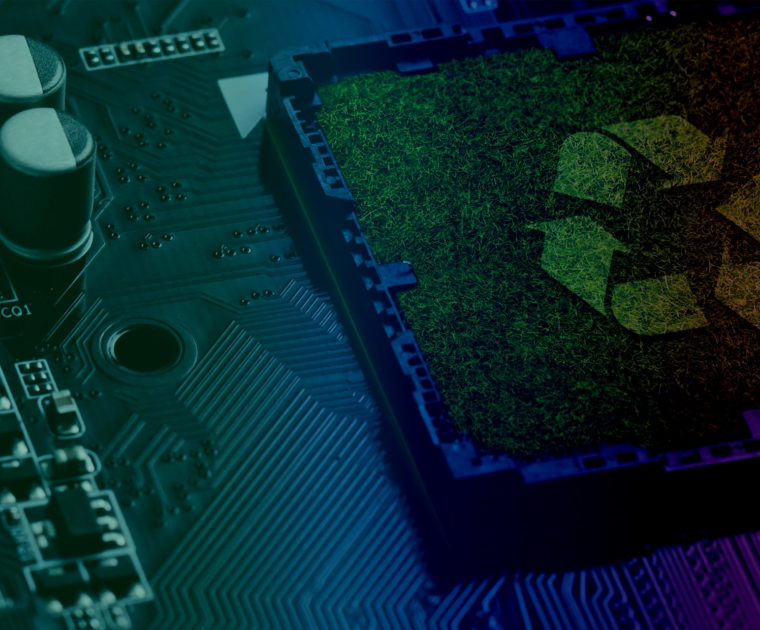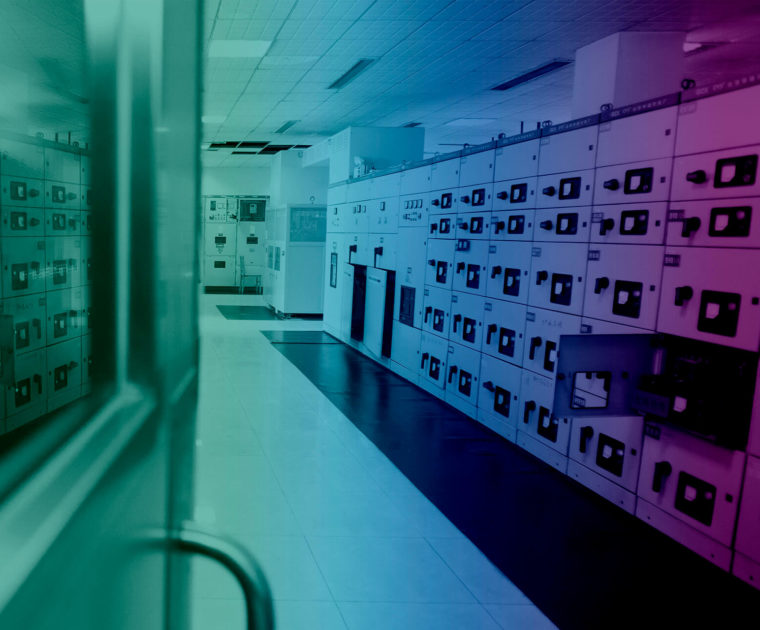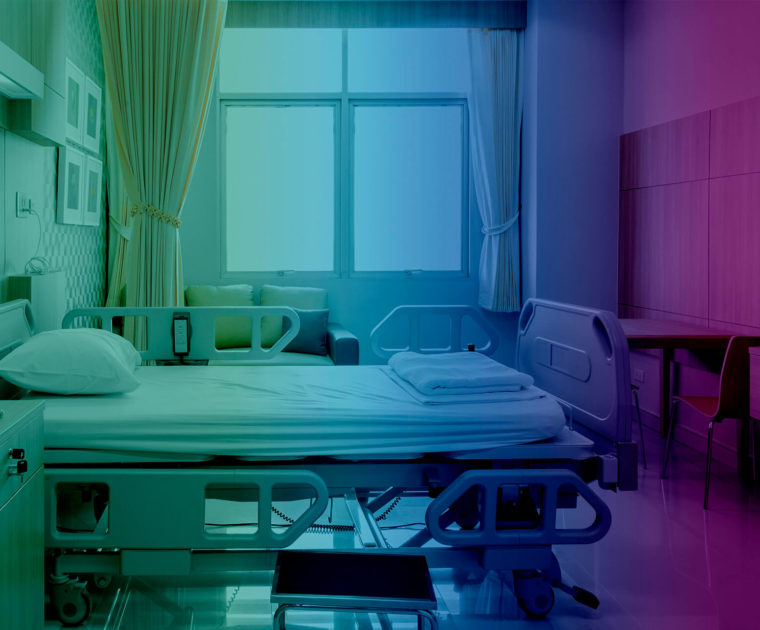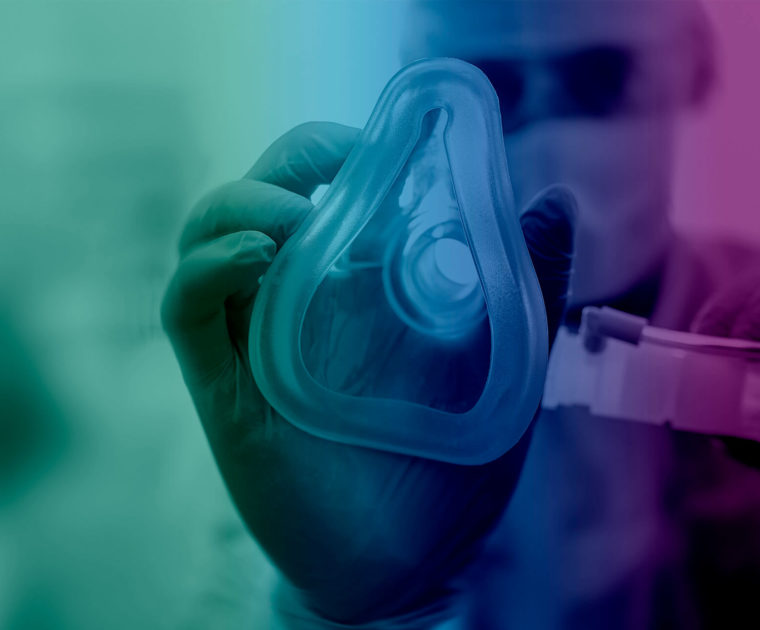On June 5, as every year, World Environment Day was celebrated around the world. A date to which the Healthcare Technology and electrical hospital engineering sector is also very committed, and which in recent times has been reinforcing its commitment to the Sustainable Development Goals (SDGs) by increasing its responsible initiatives with society and the planet.
This was made clear at ‘The contribution of the Healthcare Technology Sector and its stakeholders to the Sustainable Development Goals’, a conference organized by the Corporate Social Responsibility (CSR) Committee of the Spanish Federation of Healthcare Technology Companies, Fenin.











